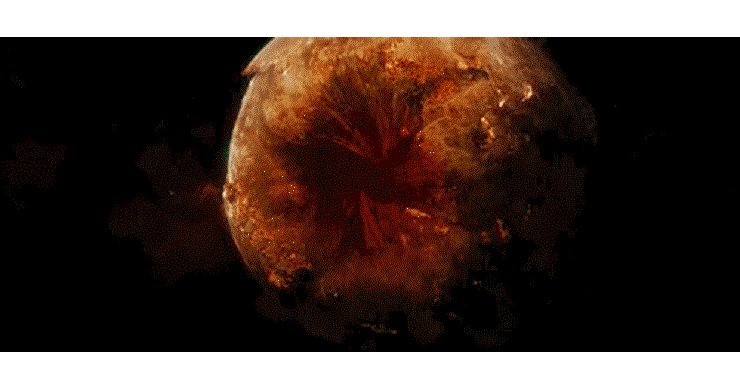From a conspiracy theorist point of view, the idea of artificial gravity may be met with skepticism and fear, leading to various speculative and often unfounded concerns about its potential ecological and environmental impacts. It’s important to note that these views are not based on scientific evidence but rather on conjecture and conspiracy theories. Here are some possible ecological and environmental impacts as seen from a conspiracy theorist perspective:
1. Secret agendas and hidden motives: Conspiracy theorists might claim that the development of artificial gravity is part of a larger covert plan by powerful organizations or governments to manipulate and control humanity. They might suggest that these hidden motives could lead to adverse consequences for the natural world and ecosystems, possibly even endangering certain species.
2. Earth manipulation: Some conspiracy theorists may speculate that artificial gravity experiments could inadvertently alter Earth’s natural gravitational field. This could, in their view, disrupt weather patterns, cause geological disturbances, or lead to unforeseen natural disasters.
3. Extraterrestrial interference: Conspiracy theorists might argue that experimenting with artificial gravity could attract the attention of extraterrestrial beings or advanced civilizations. They could claim that these beings may view such actions as a threat and respond with ecological interventions or other unknown consequences.
4. Disruptions in the space-time continuum: The concept of artificial gravity and its potential impact on space and time might be linked to wild theories about time travel or alternate dimensions. Conspiracy theorists could suggest that meddling with gravity could inadvertently cause disruptions in the fabric of reality, leading to unforeseen ecological changes.
5. Hidden experimentation on humans: Some conspiracy theories might claim that the development of artificial gravity involves secret experiments on human subjects without their consent. Allegations of human rights violations and potential ecological hazards from such experiments could be used to support these claims.
6. Suppression of knowledge: Conspiracy theorists may argue that any advancements or discoveries related to artificial gravity are being withheld from the public. They might claim that this suppression of knowledge prevents society from understanding the true ecological consequences of these technologies.
7. Catastrophic space accidents: From a conspiracy theorist perspective, the testing or deployment of artificial gravity in space could be seen as risky and prone to catastrophic accidents. They might point to past space missions as examples and raise concerns about potential environmental disasters in space.
8. Creation of artificial realities: In more extreme conspiracy theories, artificial gravity might be associated with the creation of simulated or virtual environments. This could lead to beliefs that the real ecological impacts are hidden or that humanity is being deceived into living in an illusionary world.
It’s crucial to emphasize that conspiracy theories are often based on misinformation, speculation, and lack of credible evidence. Scientific understanding and evidence-based research are essential in evaluating the real-world impacts of any technology, including artificial gravity, and in ensuring responsible decision-making with regards to environmental and ecological concerns.
Credits:
- “This blog post was generated with the assistance of GPT-3, an AI language model developed by OpenAI.”


Leave a Reply